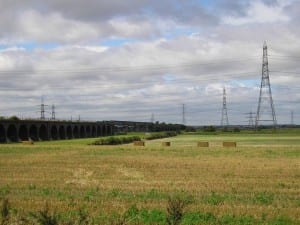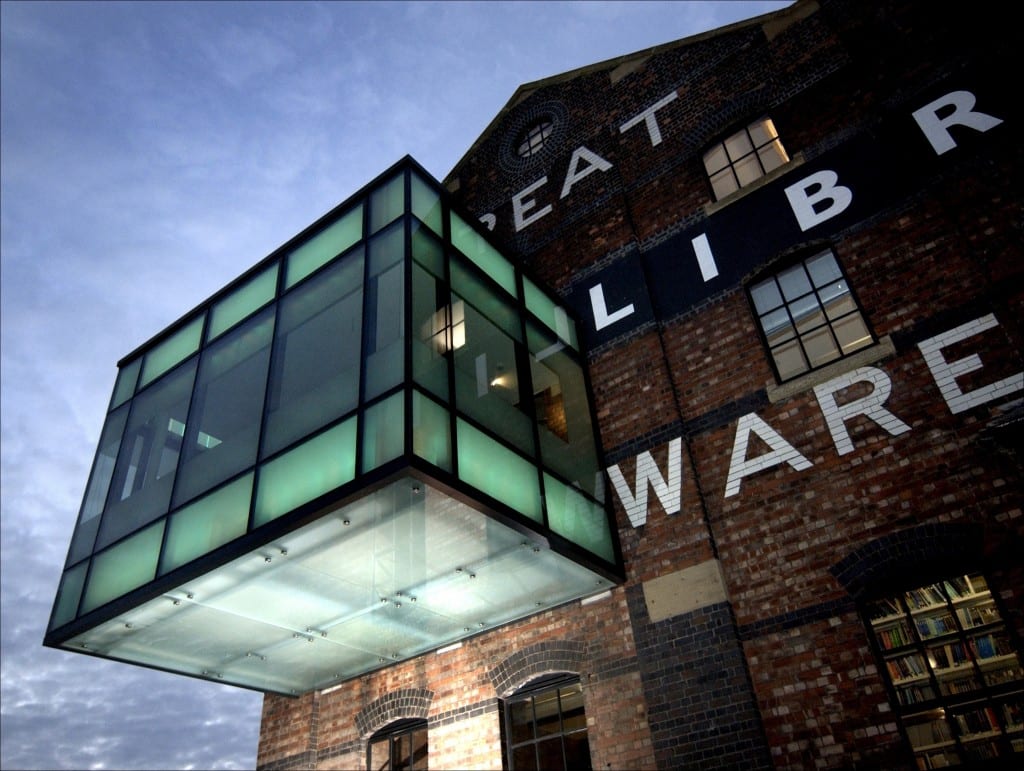
Right. I suppose I’d better add my views on this wretched referendum. I admit that I have always been reasonably well disposed to the idea of international co-operation, while being sceptical about the claims of nationalists of whatever stripe. My natural inclination was, at first, to vote to stay. I was, however, prepared to be convinced by a decent, well argued campaign to leave. The European Union is in many respects an unlovely cartel that promotes corporate interests above the wellbeing of citizens. Now, were the leave campaigners to promote any sort of alternative to that, or to offer a reasonable strategy for what would happen in a post EU Britain I would have given serious consideration to a leave vote.
Unfortunately, that is not what is on offer. There are all sorts of ridiculous claims being made about “sovereignty”, “red tape”, “an EU superstate”, “x billion pounds a week that could be spent on the NHS, or Education. I could have lots of fun with all of these, but I don’t have the space. So, today I want to talk about the worst and most depressing of these misdirections which is the one about immigration. (and predictably the one that is gaining most traction). Does anyone seriously imagine that if Britain leaves the European Union tomorrow, the population will begin to fall, NHS waiting lists,will fade away, housing will slowly become cheaper and more plentiful or that “entrepreneurs” will see the light, and turn round and say, “Oh dear me. We can no longer import cheap labour from the EU. Therefore we will, at once, happily reduce our profits, and pay “British” workers a decent wage and, as a bonus, reduce unemployment at a stroke”. Even if all the EU immigrants pack their bags and go home the weekend after the referendum, (Which they won’t. How would that happen, exactly?) thus releasing “jobs”, I suspect any jobs that might become available will mostly go to robots, or to non EU immigrants who are actually capable of doing them, not to the sturdy British yeopersons of UKIP fantasy.
Population movement is a fact of life. It always has been and always will be, and if anything it is going to be increased by modern communication and transport technology. Inevitably, populations will move to where there are the best chances of survival for their families. (And migrants are people too, you know. The other night I was watching the BBC news with the subtitles on because I was on the phone – who says men can’t multitask? when I saw the subtitle “300 migrants drowned”. Not 300 people, you’ll note. (BBC news channel, 6 pm, Sunday 12th June 2016, if you want a citation). That was nice and neutral of the Beeb wasn’t it?
Anyway I digress. My point is that because the UK has had a relatively strong economy for the past 20 or so years it is currently an attractive destination. That doesn’t mean it always will be. I don’t have the slightest idea what will happen to the economy if Britain leaves the EU, (Neither, I suspect does anyone else!) but if the leave campaigners are right and “independence” heralds some bright new economic dawn then you can bet the farm that immigration will shoot up as a result. Oh you say, but we can control our borders? Don’t be ridiculous. If capital wants cheap labour, it will find cheap labour, borders or not. If however, they are wrong, and we are all reduced to living in cardboard boxes and existing on tins of Whiskas, then yes, I think we can be reasonably confident that immigration will fall. I’m not quite sure that is quite what those advocating leaving are hoping will happen. But if it does, it might be worth considering that population movement works both ways. Having left, we won’t be able to emigrate quite so easily as we could now.


You must be logged in to post a comment.